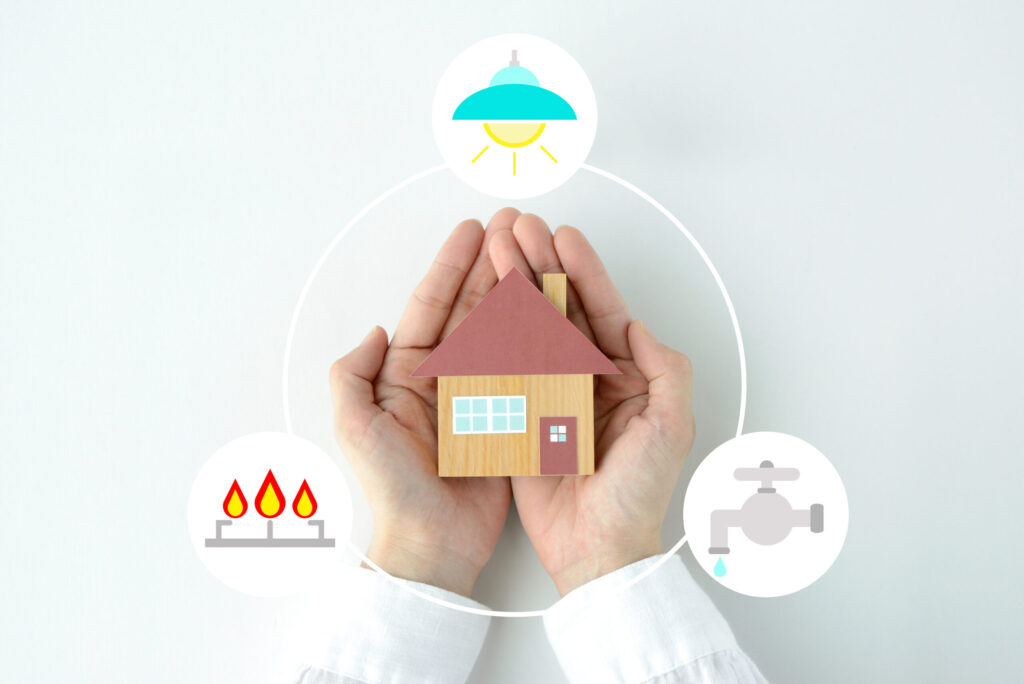How to Pick the Right Porch Screen Material
Home > How to Pick the Right Porch Screen Material
Choosing the right type of porch shade or screen for your outdoor living space can be quite a decision-making process in itself, but when you have settled on a style or approach, along comes the next question: what kind of porch screen material are you going to go for? Well, there is a wide range of porch screen materials out there, but the one which is right for you will depend on a number of factors.
Here we’ll take a look at the major deciding factors in picking the right screen material for porch areas, and at the differences between the main types of screen material are.
Deciding Factors for Porch Screen Materials
Personal Taste:
One of the biggest factors in choosing the type of material used for your porch screen is that it fits in with the overall aesthetic you want for your home. Some types of porch material, such as a common fiberglass screen, can come in virtually any color, while others, like steel or bronze, will only have one. Apart from the color, the porch screen materials used will give different looks, like vinyl-coated polyester for a minimalist look or brass for something more vintage.
Climate:
Another major reason to pick one kind of porch screen material over another is what weather effects you’re looking to minimize. This could mean going for something with a tighter mesh size if the sun is too strong and you’re looking to protect furniture and fittings from sun-weathering or a non-metal if it’s a damp climate that could lead to rust and corrosion.
Location:
There are also a number of environmental factors that may play a role in picking a particular porch screen material. These include sea salt, which can lead to the corrosion of metals like aluminum and brass if you live close to the sea. The direction and strength of the sun will make a difference as some screen porch materials, especially PVC-coated polyester, are better for dissipating heat. In urban areas, the fumes of a city can create a thick scale on your screen porch material, so an easily cleaned option like fiberglass will be a good choice.
Pets:
Pets, specifically cats and dogs, can either scratch or tear holes in your porch screen. This is mostly a problem for a fiberglass screen as it’s the most fragile of porch screen materials. The best pet-resistant material for a porch screen is PVC-coated polyester fibers, but strong metals, such as stainless steel, brass or bronze, would also work well.
Visibility Needs:
If you have a beautiful view and little passing traffic before your home, then you’ll want the screen porch material that gives you the most possible visibility, so a thin PVC or fiberglass screen with a wide mesh would work. However, privacy might be a more significant concern in a more populated neighborhood. Therefore, you’ll want a darker material that creates a mirror effect by being brighter on the outside than on the inside.
Movement:
It also makes a difference if your porch screen is going to be fixed and static for its lifetime or if it will be moving. Motorized and retractable porch screens are highly popular for new installs as they increase homeowners’ design options. However, much heavier materials, such as stainless steel or brass, may not be viable, while more fragile options, such as fiberglass, run a greater risk of being damaged. If looking to install a motorized or retractable screen, it’s best to talk with your installer to get expert help on the best porch screen materials to use.
Different Types of Porch Screen Material
As we’ve looked at, though insect protection is the primary use for porch screens, they also have a lot of other deciding factors on the material used for the screen mesh. There are a wide variety of options, so here we’ll take a look at the most common and some more niche screen porch material choices and their pros and cons.
Fiberglass:
This is generally the number one choice for porches as it can come in a huge variety of colors and provides great visibility as it minimizes glare from the sun. It’s easy to work with, flexible and generally the cheapest option out there, but the downsides are that it’s relatively fragile, so it tears easily and can be easily torn by determined pets.
PVC-Coated Polyester:
A more resilient porch screen material, polyester fibers coated in a vinyl covering, is more resistant to pets and other types of corrosion caused by environmental factors. This screen fabric also won’t dent or crease like other materials and is probably the best choice for very hot climates or screens taking direct sunlight as the fibers naturally dissipate heat.
Metal Screen Materials:
Some vendors still offer metallic screens, but they fall short in so many fields that Screenmobile doesn’t offer them. PVC and fiberglass are generally considered to be superior options compared to aluminum, stainless steel, copper, and brass, due to the following reasons:
- Aluminum: It may be cheaper than other metallic options, but it dents easily and is prone to corrosion, especially in damp or seaside locations. Charcoal or black coating can reduce glare but also adds to the cost.
- Stainless Steel: Strong and rust-resistant, but it is rigid, making it difficult to work with, and it also causes significant glare in the sun.
- Copper: Flexible but bends easily, and while it has a unique natural discoloration over time, it may not be suitable for all styles.
- Brass: a stylish option, but it is expensive, flexible, and susceptible to sea salt and atmosphere corrosion.
In comparison, PVC and fiberglass are durable, low-maintenance, and have better resistance to weather and corrosion, making them a better long-term investment for porch screens.
Conclusion
There is a wide range of potential materials to use for your screen porch, and a number of factors go into deciding which one is best for your situation. Apart from keeping out insects, your porch screen material can also be used for keeping the worst of the sun’s rays or even mild precipitation from your porch furniture or fittings. Of course, wear and tear and corrosion are also big factors, but then the stronger materials you choose, like stainless steel or brass, may not be viable in the area you live in.
Before making any decision on your screen porch material, it’s always good to get an expert opinion on what will work best for your individual needs. To do so, you can get in contact with your local Screenmobile installer here, who will be happy to discuss your options.
We are America's Neighborhood Screen Stores®
Request a Free Estimate
Complete the form below, and we will contact you to arrange a free estimate for your home.
Screenmobile.com uses cookies to improve your experience on our website. These cookies help analyze our site traffic, understand where our visitors are coming from, and may share your information with partner companies. By browsing our website, you agree to our use of cookies. Learn More.
Don’t Miss Our Latest News and Ideas for Your Home
Use the button below to sign-up for our newsletter.




